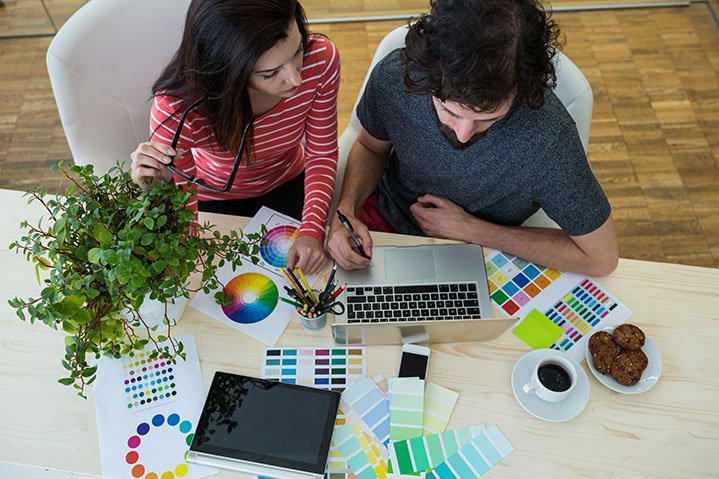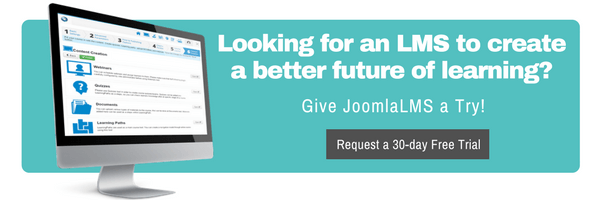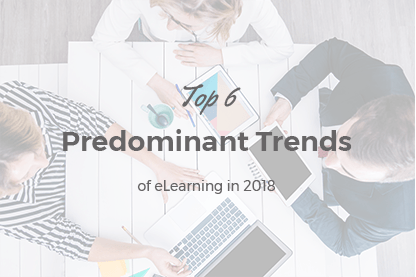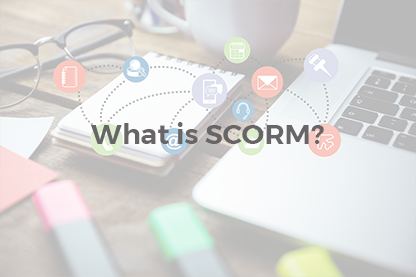Have you been thinking about becoming an instructional designer but weren’t sure how to get started? Then it is time! Our guest, Kristin Anthony, an experienced learning experience designer, shares insights about how to become an instructional designer with no experience. In this interview you will learn the lessons that Kristin learned, the strategies she used to become an instructional designer, books she recommends to read and the challenges you need to be aware of. Ready to change your career and life?
Have you been thinking about becoming an instructional designer but weren’t sure how to get started?
Then it is time!
Our guest, Kristin Anthony, an experienced learning experience designer, shares insights about how to become an instructional designer with no experience.
In this interview you will learn the lessons that Kristin learned, the strategies she used to become an instructional designer, books she recommends to read and the challenges you need to be aware of.
Ready to change your career and life?
I've had the opportunity to speak to quite a few instructional designers on my podcast and the definition of instructional design I like best is that instructional design is about getting barriers out of people's way so that they can do their best work. Whether those people are college students or call center employees, our work is about helping them to do their best work by easing the path to higher performance.
I'd say that an ideal instructional designer is someone who's willing to constantly be learning. Our tech, our relative industries, our buzzwords all change with the wind, but if you can continue learning, you can continue improving.
There's a ton of value in the wildly different journeys that many instructional designers take to ID and along the way, I'd expect us all to be making mistakes and changing our minds. The only thing that's constant is learning.
I think that the most important step for becoming an instructional designer is practice. And I think that the easiest and best way for a complete newbie to practice is to work on building a portfolio.
There are a ton of different methods you can use to think up projects for yourself, which I know is always a barrier, but I firmly believe that the kind of project-based practice that comes from working on your portfolio is really the best way to understand the work and to understand what about the work lights you up.
One of the biggest conflations that happens when talking about instructional design is really talking about elearning development.
As someone who loves development, I completely understand that, but the reality is that instructional design contains many more competencies outside of development skills and for both newbies and veterans alike, it's those relationship-building skills and collaboration skills that are the toughest to learn and the most valuable.
I'd say the toughest thing I still struggle with is dealing with the tough sell: the client that's difficult to nudge into your process.
I think that the toughest and most important thing to learn is to work with clients of all types. How do you work with these people? How do you make them feel comfortable? When do you pivot? That's tough stuff.
That's why I recommend that, as a part of portfolio-building that newbies try their hardest to get in some volunteer work or some open source work - something that gets you working with people. Basically anyone can learn the tools and the design skills, but working with people is essential.
I'm actually going to recommend some resources that come from outside of the instructional design community. I think that learning about how we learn and how humans behave are actually essential to our work being both effective and ethical. Resources such as John Medina's Brain Rules, Daniel Kahneman's Thinking Fast and Slow, and Weapons of Math Destruction by Cathy O'Neil speak to those issues.
There are also web development sorts of issues that anyone who develops elearning should be aware of, books like Design for Real Life by Sarah Wachter-Boettcher and Eric Meyer is an amazing book and quite a short read. For just personal marketing, which is an important skill, I highly recommend Austin Kleon's Steal like an Artist and Show your Work.
Last but not least, thinking about design more broadly, I've found both Badass by Kathy Sierra and You're my Favorite Client by Mike Monteiro books that I keep coming back to.
Particularly for newbies, I'd say the biggest challenge is continuing to learn and make mistakes while also standing on your expertise. A lot of newbies, myself included, start off as an order taker. People have already decided that a course needs to be made and you have to make it.
I think the key is not to be frustrated by that. It's normal. But learn how to ask questions, respectfully, and how to get yourself a seat at the table. That's a super tough challenge but I think it's the biggest thing that will affect your career no matter where you are and no matter what you want to work on.
About the Author:

Kristin is a learning experience designer and javascript and game developer.
She hosts the Dear Instructional Designer podcast, which is focused on the instructional design journey and blog on her website www.knanthony.com.
Follow Kristin on Twitter @anthkris










